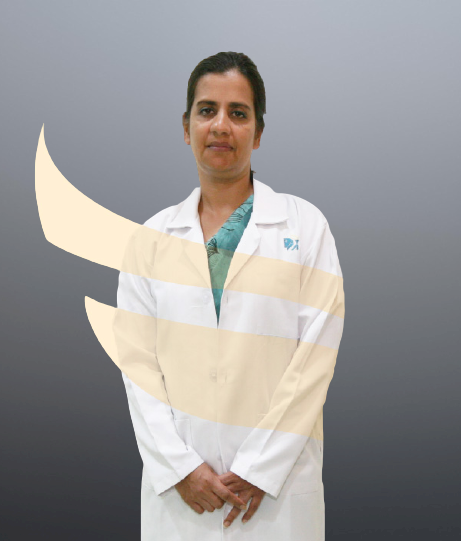Best Doctors for Myasthenia Gravis in Delhi
Myasthenia Gravis (MG), a rare neuromuscular disorder, makes its presence known through muscular weakness and fatigue. Essentially an autoimmune condition, MG stems from the production of autoantibodies that hinder the normal functioning of the neuromuscular junction, a critical point for muscle stimulation. The result is muscle weakness and fatigue. Anyone can fall prey to this disease, but factors such as hereditary predisposition and environmental triggers can place certain individuals at higher risk.
Fortunately, Apollo Hospitals, Delhi has some of the best doctors for Myasthenia Gravis, ensuring that those battling this condition receive optimal care.









 Call Now
Call Now






